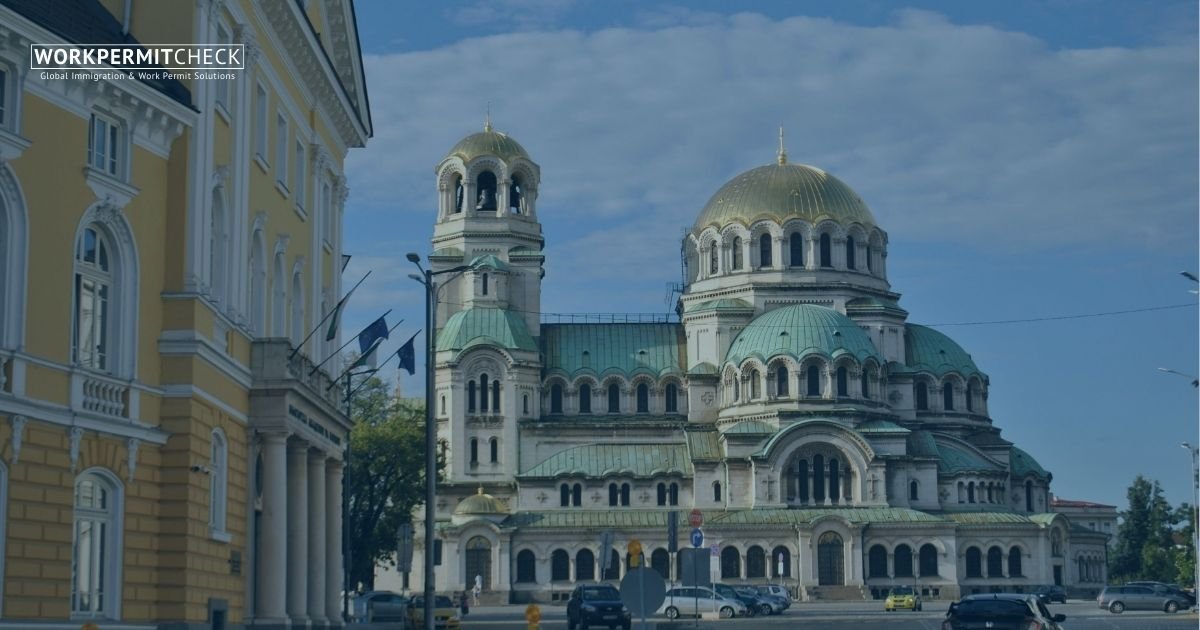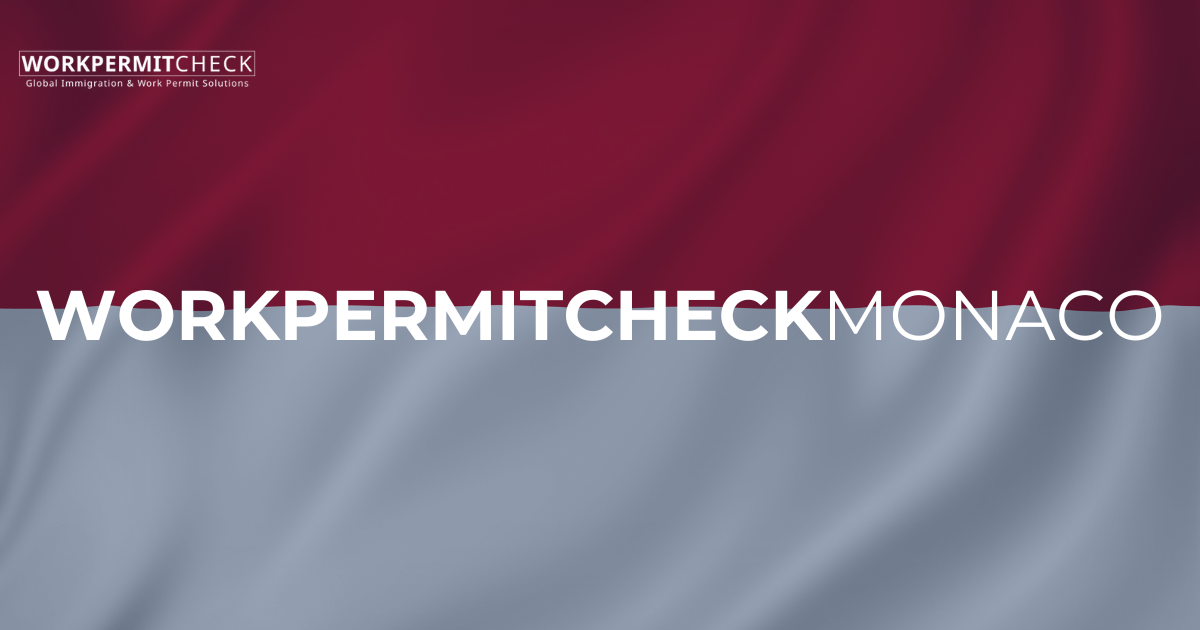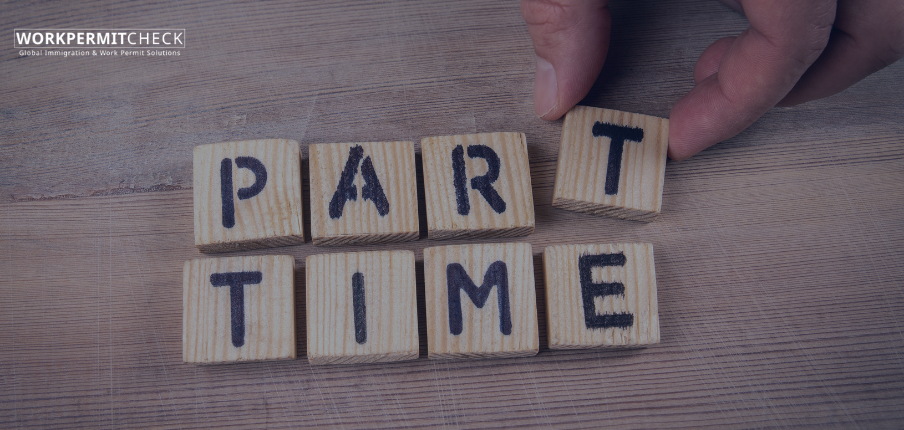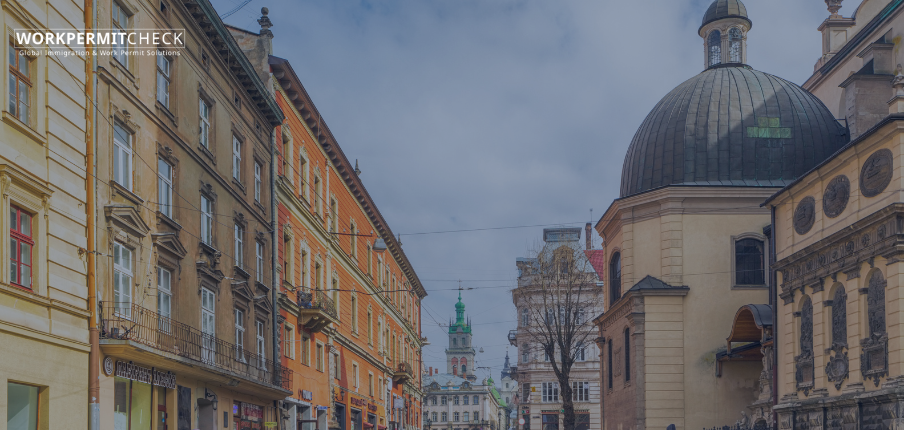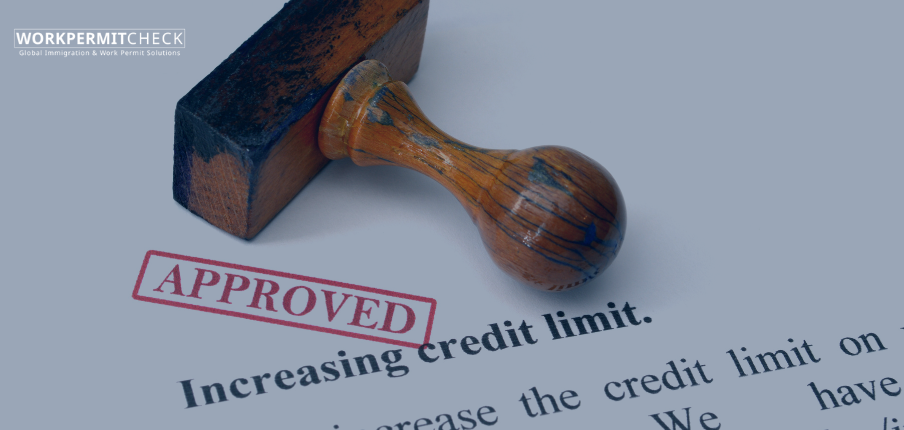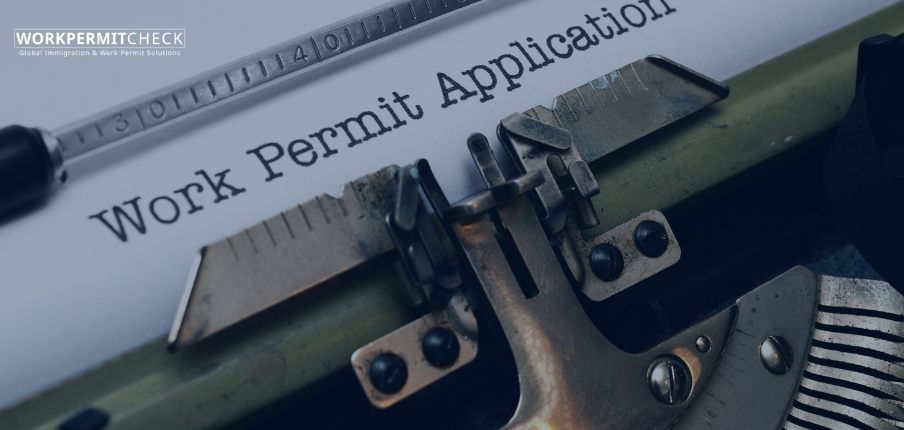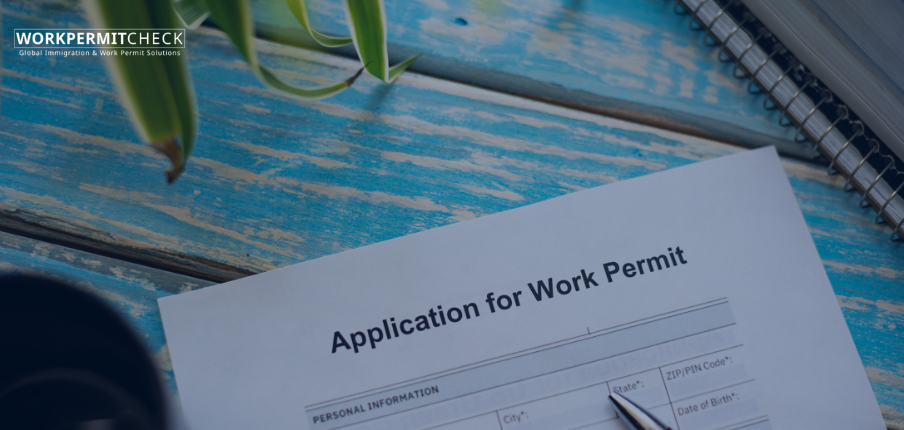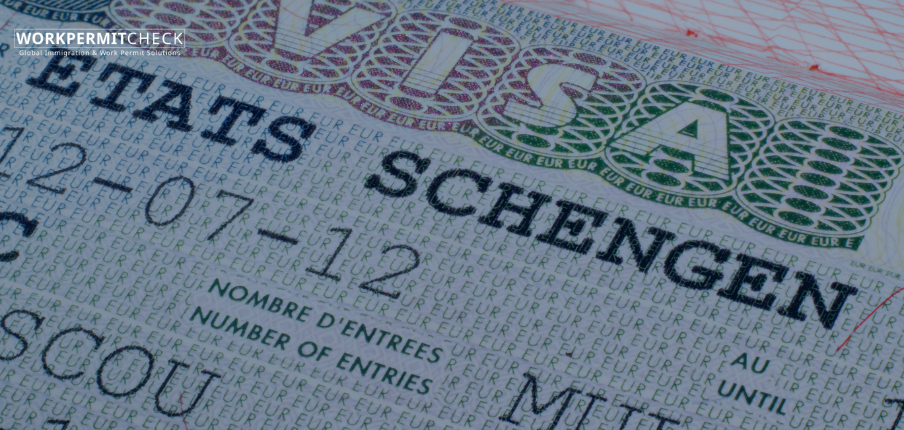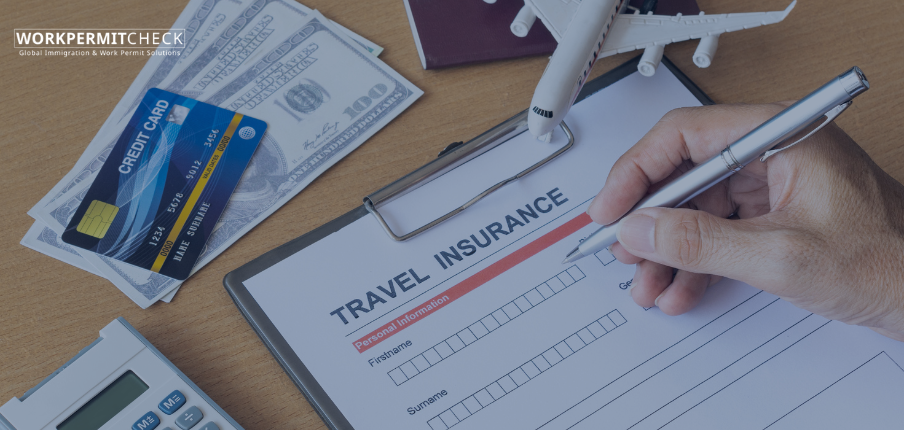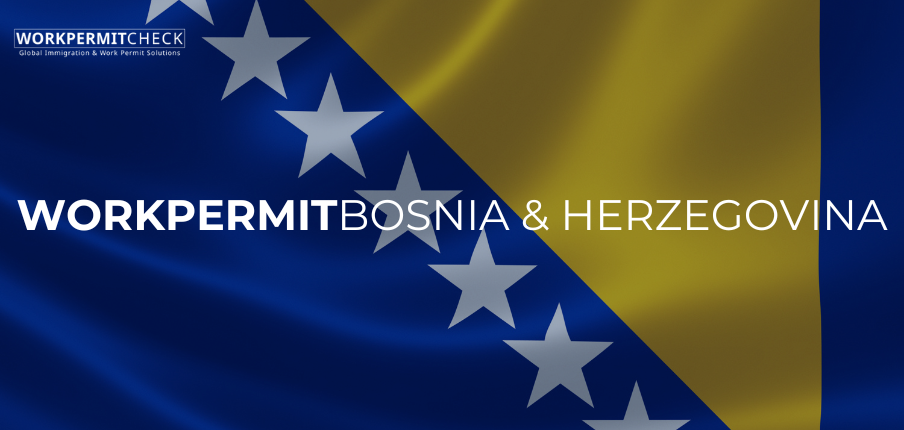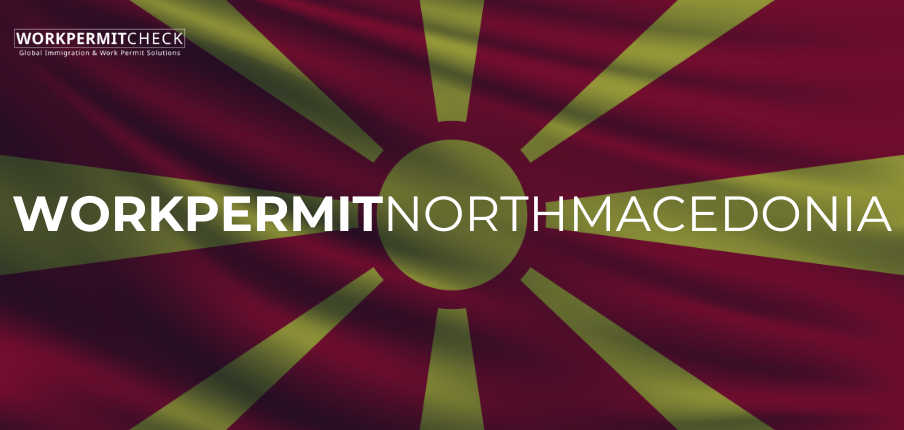Switzerland is one of Europe’s most attractive destinations for skilled professionals. Its strong economy, high quality of life, and career opportunities make it appealing for workers from around the world. A common question among foreign employees is: can a Swiss work permit eventually lead to permanent residency?
Understanding Swiss Work Permits
Switzerland issues different categories of permits depending on nationality and the purpose of stay:
• L Permit (Short-Term): For temporary stays, usually valid for up to one year.
• B Permit (Residence): For longer employment contracts, typically one to five years.
• C Permit (Settlement): Considered permanent residency, available after a qualifying stay.
Pathway from Work Permit to Permanent Residency
Holding a Swiss work permit does not automatically grant permanent residency, but it can be the first step toward obtaining it. The typical pathway includes:
• Continuous Stay: Non-EU/EEA nationals usually qualify for a C Permit (permanent residency) after 10 years of legal residence. EU/EFTA citizens may qualify sooner, often after 5 years.
• Stable Employment: Maintaining a valid work permit, secure job, and proof of financial stability is essential.
• Integration Requirements: Applicants are often expected to demonstrate integration into Swiss society, including language proficiency.
• Good Conduct: A clean criminal and immigration record is required.
Important Points to Keep in Mind
• A work permit alone does not grant settlement rights.
• Cantonal authorities have some discretion, and requirements may vary slightly by region.
• Permanent residency status (C Permit) provides greater security and rights compared to temporary permits.
Disclaimer
This content is for informational purposes only and does not constitute legal or immigration advice. Applicants should consult official Swiss government resources or qualified legal experts for personalized guidance.
FAQs
1. Can an L Permit lead to permanent residency??
No. L Permits are short-term and not intended for long-term settlement.
2. Which permit is the stepping stone to permanent residency??
The B Permit is usually the pathway that leads to a C Permit (permanent residency).
3. How long does it take to get a C Permit??
Non-EU/EEA nationals typically need 10 years of continuous legal stay. EU/EFTA nationals may qualify after 5 years.
4. Are there integration requirements for permanent residency?
Yes. Applicants often need to demonstrate integration, such as language proficiency and social participation.
September 10, 2025























































